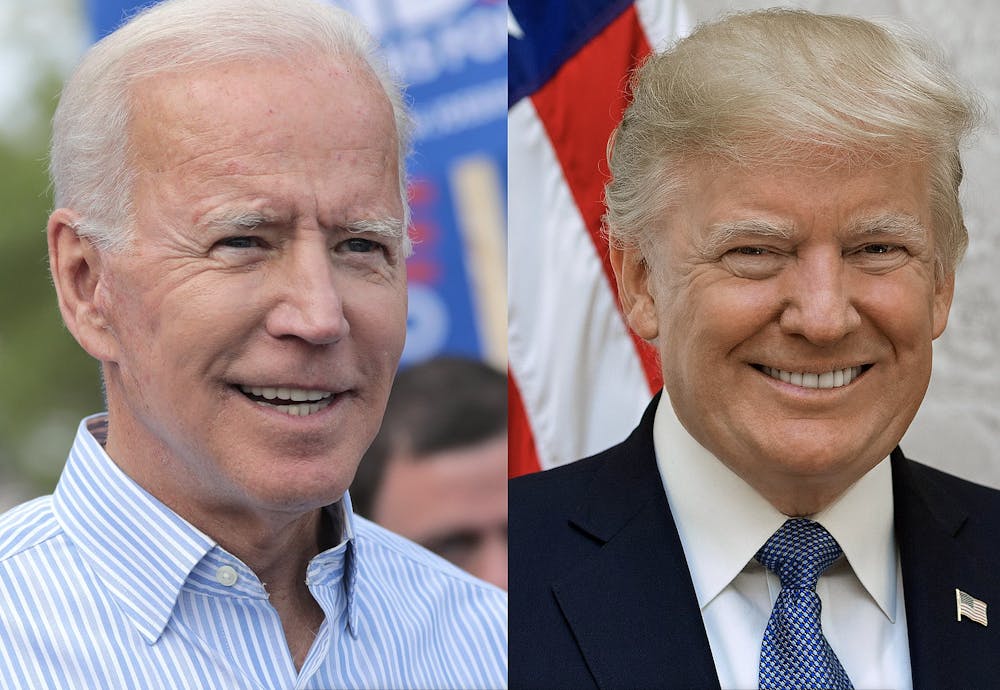The global political order is seeing an unprecedented level of conflict with the United States being a key actor in most of them. If you think of most prominent conflicts or humanitarian crises going on today, our country, for better or for worse, has played a role. Given the current tumultuous nature of U.S. policy, both foreign and domestic, understanding why and how these policies came about is crucial and a key factor in this year’s upcoming elections.
Foreign policy has been at the forefront of American politicians’ platforms since the birth of the U.S. In his farewell address, George Washington argued in favor of as little political connection as possible with foreign nations. Despite Washington’s intentions however, the 18th and 19th centuries were marked by heavy violence between the U.S. and other nations as the country focused on expansionist foreign policy and commerce.
In the decades that followed, America maintained a more “go it alone” policy, refraining from foreign involvement until the world wars. The creations of the North Atlantic Treaty Organization, the League of Nations and the United Nations heavily increased U.S. influence and involvement abroad. The primary motivation at the time, containing the spread of communism and expanding Western influence, has remained a feature of foreign policy starting from the USSR to China today.
Since 1946, the U.S. has annually provided between 25 and 104 billion dollars in foreign aid. While this has led to close ties with many foreign allies, former President Donald Trump’s policies while in office had detrimental effects on U.S. ties to other nations. Contrarily, Joe Biden’s tenure in office has been centered around “a repudiation of Trump’s ‘America First’ legacy and the restoration of the multilateral order.”
While many Americans agree that foreign policy is a leading issue in politics, Biden’s stance on foreign conflicts in Ukraine and Gaza, to name a few, have been extremely unpopular. Stark partisan divides reflect the reality of domestic America — a lack of cohesion. Concerns range from U.S. citizens feeling we are too involved, not involved enough or are making the situation worse. What most of us can agree on is that the state of America right now is frankly, not great, and that is what our politicians should be focusing on.
Domestic policies in America have changed depending on the party makeup of our executive and legislative branches. Democrats, like Franklin D. Roosevelt and Barack Obama, have historically focused on social policies, welfare and expanding aid. Contrarily, Republicans such as Bush or Trump, have focused on security, taxes or economic privatization.
In the past, the two parties have strived to put aside their differences and work together, albeit slowly, toward bipartisan progress, but that practice that has long been replaced by polarization. Democrats have become more liberal and Republicans more conservative, meaning the basis on which the two parties can agree has shrunk significantly.
Similar to Margaret Thatcher in the UK, Trump’s presidency reinvented what it meant to be in politics. His tenure began an extreme era of noncooperation, negative partisanship and corruption, most notably demonstrated by the January 6 insurrection. This behavior was of course met with consequence, and Trump was impeached during his single term in office — twice! Certain members of the Republican Party have begun attempting to impeach President Biden as well. This political ploy by politicians on either side has had severe consequences for the state of domestic politics.
The Pew Research Institute has shown that American trust in government has hit an all-time low average since 1960; just 16% say they trust the government to do what is right. Rather than working toward the common good, it seems our current leaders are simply working to make the other party look worse, a lose-lose system that has perpetuated the negative partisanship voting we see today.
While these statistics appear to be damning of our future as a nation, this election year is not the time to lose faith in civic participation. Removing distrustful politicians, expressing disagreements with their policies and enacting change in our laws can only be done by voting. At this time however, it does feel hard to do so. We can only hope that by educating ourselves and making informed choices, we can move forward toward a just and representative set of officials this coming election cycle.





